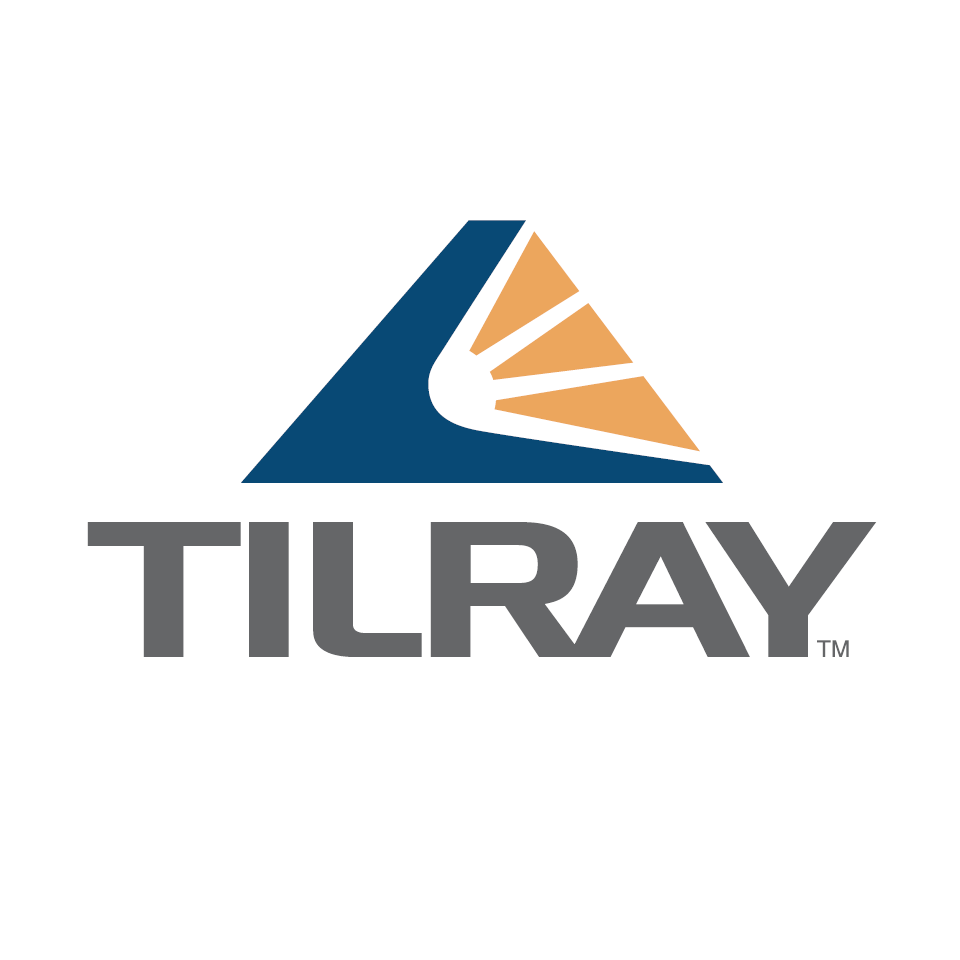Last month, Health Canada published a Voluntary Recall Guide to help producers not only stay in compliance but run their operations better. While it will certainly prove to be a critically useful guide for Canadian LPs who are now subject to domestic regulations, it is also a highly useful document for others. Namely, newly legalizing U.S. states and even European countries now looking for guidance on how to shape, structure and regulate their own burgeoning domestic cultivation markets either underway now or about to start.
What Is Of Particular Interest?
While it may sound like a no-brainer, the guide lays out, albeit in very broad strokes, the kinds of procedures all licensed producers should be implementing anyway to efficiently run a compliant business.
It could be considered, on one level, a critical start-up business guide for those still looking for guidance in Canada (as well as elsewhere). Domestically, the document is clearly a handy template, if not something to create checklists from, in setting up a vital and at this point, mandatory part of a compliant cultivation facility in Canada.
The guide also covers not only domestically distributed product but that bound for export.
One of the more intriguing aspects of the guide is also how low tech it is. For example, the guide suggests that a license holder responsible for recall notices, plan on quick response methods that include everything from a self-addressed postcard to an email acknowledgement link.
That said, recalls must be reported to the government exclusively via an email address (no mail drop is listed). And suggestions about media outlets to which to submit recall notices are noticeably digitally heavy. Websites and social media platforms are suggested as the first two options of posting a recall. Posters at retailers is listed dead last.
What is also notable, not to mention commendable, is the inclusion of how to include supply chain partners in recall notices, as well as the mandate to do it in the first place.
Also Of Note
Also excellent is the attempt to begin to set a checklist and process about evaluating both the process of the recall itself and further identification of future best practices.Health Canada also expects companies to show proof of follow up efforts to reach non-responders all along the supply chain.
For example, the report suggests that LPs obtain not only feedback from both their supply chain and consumers involved, but elicit information on how such entities and individuals received the information in the first place. Further, the volume of responses (especially from end consumers) or lack thereof should be examined specifically to understand how effective the outreach effort actually was in reaching its target audience.
This is especially important because Health Canada also expects companies to show proof of follow up efforts to reach non-responders all along the supply chain.
Regulatory Reporting Guidelines
One of the reasons that this guide is so useful is that Health Canada also expects to receive full written reports touching upon all of the issues it lays out within 30 days of the recall announcement itself.
In turn, this is also a clear attempt to begin to start to document quality controls and attempts to correct the same quickly in an industry still plagued by product quality issues, particularly at home, but with an eye to overseas markets.
As such, it will also prove invaluable to other entities, far beyond Canadian LPs involved in the process this document lays out. Namely, it is a good comprehensive, but easy to follow and generally applicable guide for new states (in the case of the US) if not national governments in Europe and beyond who are now starting to look at regulating their own burgeoning industries from the ground up.










 The California Cannabis Track-and-Trace system (CCTT) gives state officials the ability to supervise and regulate the burgeoning cannabis industry in the golden state.
The California Cannabis Track-and-Trace system (CCTT) gives state officials the ability to supervise and regulate the burgeoning cannabis industry in the golden state.
















